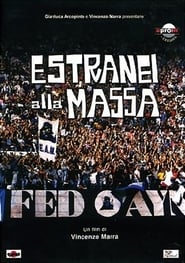detail profile vincenzo marra
Peran Yang Di Mainkan Vincenzo Marra
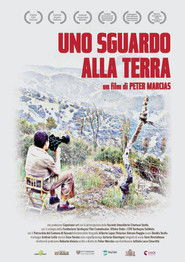 Sardinia 2017 The starting point for the...
Sardinia 2017 The starting point for the...Uno sguardo alla Terra 2018
Sardinia 2017. The starting point for the film is one of the most loved lands in the Mediterranean, using it to enter into the world of cinema. Ten international masters of cinema explain Fiorenzo Serra's images, one of the greatest post-war Italian documentary makers. His masterpiece, "The last punch of Earth", will be analyzed and debated, a film which examined Italian change and European reflection.
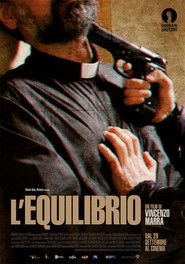 Tough gripping drama about a committed...
Tough gripping drama about a committed...Equilibrium 2017
Tough, gripping drama about a committed, principled priest taking on the Mafia and risking his life in a poverty-stricken parish in Naples.
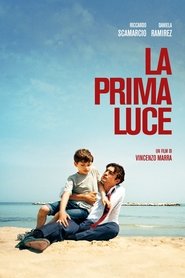 Marco a cynical and ambitious young...
Marco a cynical and ambitious young...First Light 2015
Marco, a cynical and ambitious young lawyer, lives in Bari with his partner Martina and their eight-year-old son Mateo. Martina had left Chile and moved to Italy when she met Marco. Their relationship has run its course, however, and Martina longs to go back to her country with Mateo, but Marco, the loving father left out of the equation, is adamantly against the idea. The couple clash for weeks on end, until Martina abruptly leaves the country with their son, goes back to Chile and virtually vanishes. With no news of Mateo, time seems to stand still for Marco. Anguished and unable to cope, he finally rallies and sets off in search of his son.
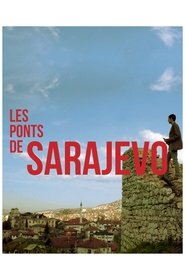 Thirteen European directors explore the theme...
Thirteen European directors explore the theme...The Bridges of Sarajevo 2014
Thirteen European directors explore the theme of Sarajevo; what this city has represented in European history over the past hundred years, and what Sarajevo stands for today in Europe. These eminent filmmakers of different generations and origins offer exceptional singular styles and visions.
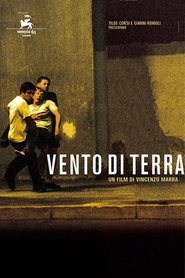 Vento Di Terra wind of the...
Vento Di Terra wind of the...Vento di terra 2004
Vento Di Terra (wind of the earth) is an Italian film about an 18 year old boy (Vicenzo Pacilli) from a poor suburb of Napoli, Italy who finds himself burdened by expectations of supporting his mother after his father dies from an unexpected heart attack. Working in a blue-collar factory job, Vince soon finds that he does not have enough money to support himself, let alone his frail recently widowed mother. His sister departs to Cassano to finally end her employment drought by getting a job in the local FIAT factory. Vince is left alone to support his mother. He gets involved in a heist, and then out of guilt confesses his sin to a close family friend, who suggests he joins the Italian army. In the army Vince meets a new found friend through his training period, and they are soon deployed together to the war torn state of Kosovo in the Former Yugoslavia, where he is exposed to the brutality of war.
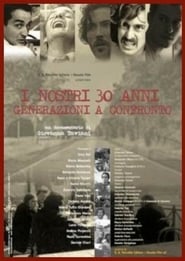 Various generations of filmmakers talk about...
Various generations of filmmakers talk about...I nostri trent'anni - Generazioni a confronto 2004
Various generations of filmmakers talk about what cinema means for them.
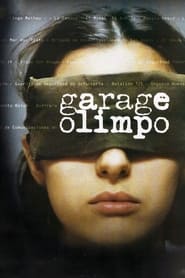 Maria is a militant activist in...
Maria is a militant activist in...Garage Olimpo 1999
Maria is a militant activist in an organisation opposed to the military dictatorship in Argentina. She teaches reading and writing in the shanty towns and lives with her mother in an old and run-down residence. One morning, Maria is carried off, in front of her mother, by a military squad dressed in civilian clothes. The young woman is taken to the Olimpo garage, one of the numerous torture chambers which haunt Buenos Aires to the general indifference of the population. In order to make Maria talk, Tigre, the head of the centre, gives her to one of his best men, Felix.
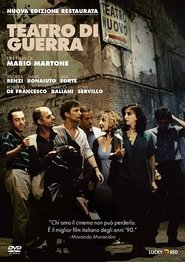 A group of actors meet with...
A group of actors meet with...Rehearsals for War 1998
A group of actors meet with little money in a unofficial theatre in Naples' Spanish Boroughs. Director's plan is to travel to Sarajevo, still under siege, to stage a classic Eschilus' play about civil war in Tebe. While they rehearse in the theatre cast members come and go and another kind of war goes on every day in nearby streets of old Naples.

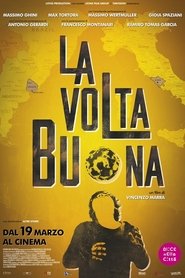
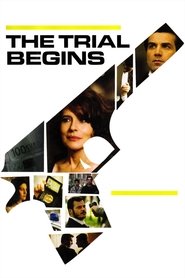 A civil servant Michele Lastella uses...
A civil servant Michele Lastella uses...